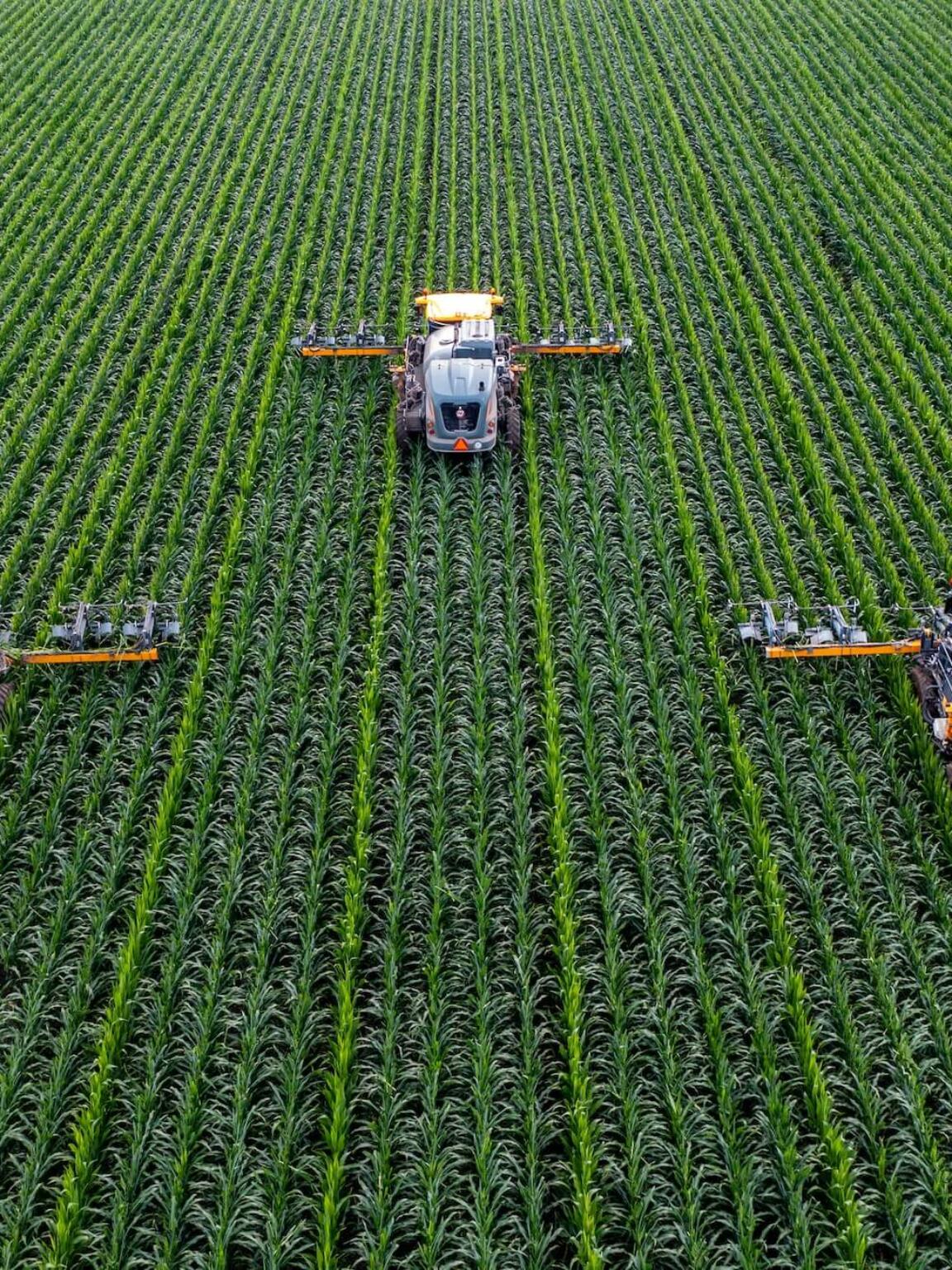Agriculture

Hybrid pixel detectors have the potential to find applications in agriculture for various imaging, sensing, and analysis purposes. They offer several advantages that can contribute to improving agricultural practices and increasing crop productivity.
Plant Health Monitoring
Hybrid pixel detectors are used in imaging systems to monitor the health and vigor of plants. They can capture high-resolution images of crops, allowing for early detection of diseases, nutrient deficiencies, or stress conditions. The detectors can help farmers and agronomists assess the overall health of plants, identify specific areas of concern, and take timely corrective actions.
Crop Yield Estimation
Hybrid pixel detectors are integrated into remote sensing platforms for crop yield estimation. By capturing high-resolution images and analyzing plant characteristics such as biomass, leaf area, or plant density, the detectors can provide valuable data for predicting crop yield. This information helps farmers make informed decisions regarding irrigation, fertilization, and harvest planning.
Weed Detection and Management
Hybrid pixel detectors are used in automated weed detection systems. By analyzing high-resolution images of crop fields, the detectors can identify and differentiate between crop plants and weeds. This information can be used to develop targeted weed management strategies, such as site-specific herbicide application or precision mechanical weed control, minimizing the use of herbicides and reducing crop yield losses.
Disease and Pest Monitoring
Hybrid pixel detectors can aid in the early detection and monitoring of plant diseases and pests. By capturing detailed images of crops, the detectors can help identify symptoms or signs of infestation, enabling timely intervention and targeted pest management practices. This can contribute to reducing crop losses and optimizing the use of pesticides.
Products
Applications
- Non-Destructive Testing
- Spectroscopy
- Elemental Analysis
- Computed Tomography

